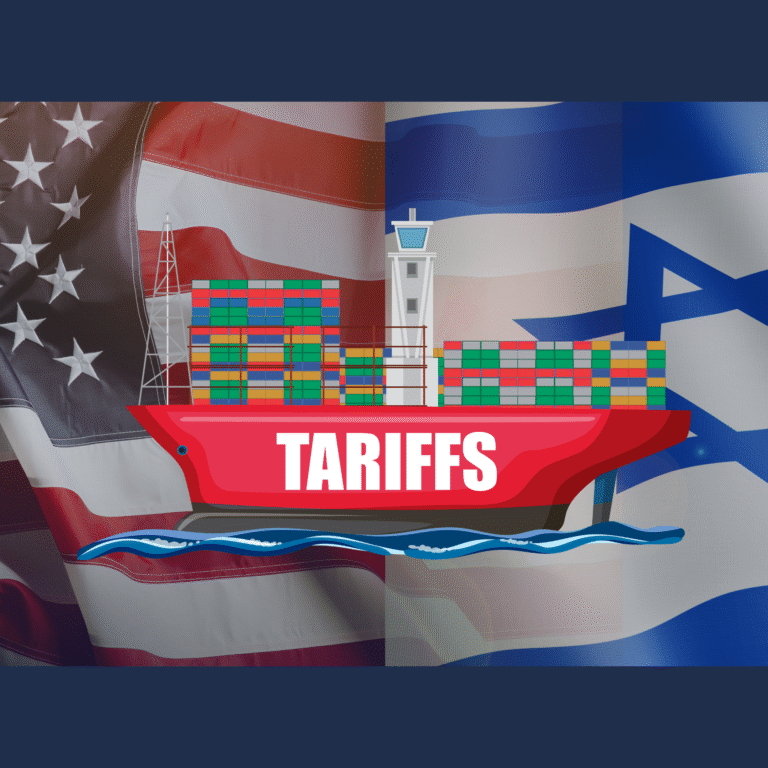

Dear fellow practitioners, CPAs, attorneys, and other professionals. Welcome to the thirteenth (Bar Mitzvah) edition of our “Dreidel” newsletter about planning and investment issues of US citizens living overseas.
This month, Mike Reed talks about retirement accounts and the associated tax and distribution rules.
It’s that time of year again for an update to the U.S. Secure Act, which governs retirement accounts and the associated tax and distribution rules. The latest change is that individuals must now satisfy their entire Required Minimum Distribution (RMD) from all IRAs before proceeding with a Roth conversion. In the past, individuals only had to take the RMD from the IRA where they planned to do the Roth conversion, and they could fulfill the RMD requirements from other IRAs by the end of the year. One thing that has remained the same, is that individuals can still satisfy all of their RMDs from a single IRA, so if they prefer to meet their obligations that way, they may, but again, it must be done before any Roth conversions.
This is also a good time to discuss why a Roth conversion may not be advisable for ex-pats who have recently made, or are considering making Aliyah. The reason is that after the ten-year Israeli tax exemption period ends, Israel may begin taxing distributions from your Roth IRA (unlike the U.S.). This holds true regardless of whether you have owned the Roth IRA for more than five years or are over the age of 59.5. So the Roth account may not have the tax free withdrawal advantage that it does in the US. The Israeli law is unclear on the topic, hence better to be safe than sorry
However, when someone first makes Aliyah, they do have the 10-year Israeli tax holiday on foreign active and passive income, so that can be a good time to do withdrawals from a Roth IRA. This way they are not paying tax in the US or Israel for 10 years. While everyone’s situation is unique, Roth conversions could still make sense in some cases, particularly if your goal is to leave a tax-free inheritance to heirs living in the U.S. That is why finding an advisor who has the experience working with US expats is important.
We are happy to discuss this in further detail. Please contact us to discuss.
Disclaimer Nardis Advisors LLC (“Nardis”) is a Registered Investment Advisory Firm regulated by the U.S Securities and Exchange Commission in accordance and compliance with applicable securities laws and regulations. Registration does not imply a certain level of skill or training. Nardis does not render or offer to render personalized investment advice through this medium. The information provided herein is for informational purposes only and does not constitute financial, investment or legal advice. Investment advice can only be rendered after delivery of the Firm’s disclosure statement (Form ADV Part 2) and execution of an investment advisory agreement between the client and Nardis.




